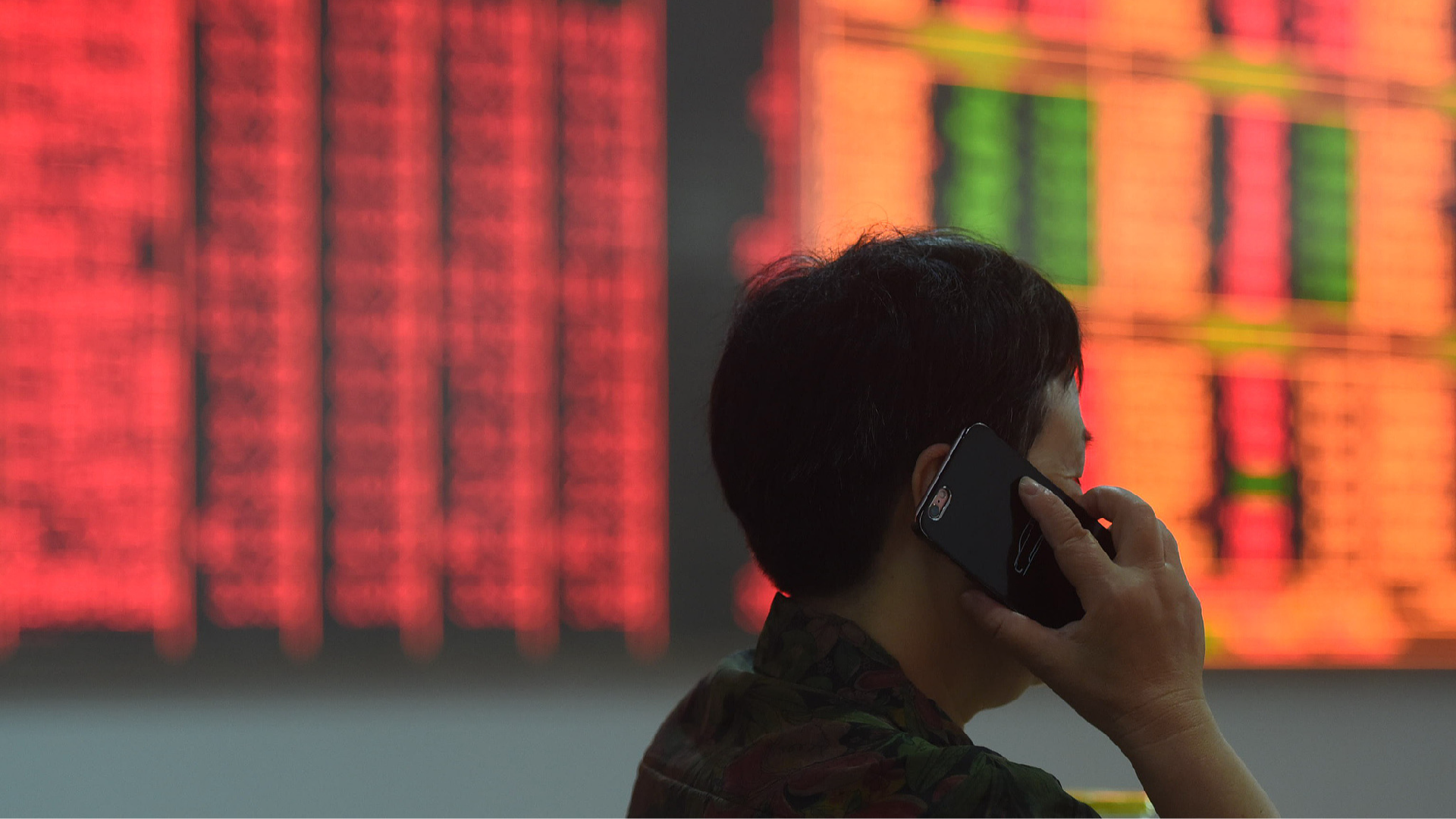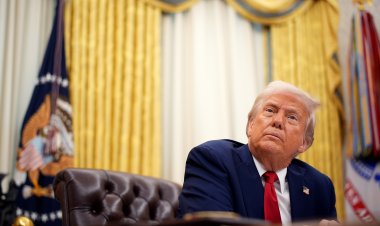Five Key Strategies Outlined in China's Premier Meeting to Strengthen Capital Markets
The five points discussed during the economic meeting of the Political Bureau of the CPC Central Committee on Thursday, combined with the recent supporting policies, provide ample justification to view China's capital market as an ideal investment opportunity.

This week witnessed a swift rally in the stock market, coinciding with a high-level meeting of China's leadership on Thursday to discuss the current economic landscape and outline the nation's economic working plan. Notably, the meeting included a dedicated chapter on the capital market. Let's take a closer look at this pivotal chapter and its implications for markets and investors.
The meeting was convened by the Political Bureau of the Central Committee of the Communist Party of China. A subsequent document highlighted five key points aimed at bolstering and advancing the country's capital market.
First and foremost, the overarching goal is clear: China seeks to support and cultivate the capital market over the long term. This signifies a shift in priorities for Chinese policymakers toward capital market growth, particularly crucial as the nation’s per capita GDP approaches $13,000.
This emphasis on the capital market aligns with its recent positive performance. For instance, the Shanghai Composite Index surged from 2,736 points to just above 3,000 points within the first four trading days of the week, marking a 9.4% increase. Similarly, the Heng Seng Index rose by 9.1% during the same timeframe, following a 5.1% rise the previous week.
Investor confidence derives not only from Thursday’s meeting but also from various measures implemented by the central bank and the securities regulatory committee aimed at invigorating the capital market. The central bank has injected additional liquidity to bolster the stock market. Savvy investors are capitalizing on these encouraging signals, flooding the market with substantial buy orders.
The second point raised during the meeting involves attracting more long-term capital into the market, specifically from sources such as the social security fund, insurance companies, and wealth management projects.
For a healthy and thriving capital market, long-term capital is essential. A market dominated by speculators and day traders risks becoming unstable and offering inconsistent financial returns to investors. In contrast, long-term capital, focused on achieving returns over an extended period, serves as a foundation for market stability.
Moreover, current market valuations make it an attractive proposition for long-term investors. Low valuations are key for securing favorable investment returns over time. According to the Choice Financial Terminal, the P/E ratio for the Shanghai Composite Index was just 13.3 times as of Thursday. The Shanghai and Shenzhen 300 Index was at 12.1 times, and the Heng Seng Index stood at 9.6 times. Comparatively, the S&P 500 Index had a P/E ratio of 27.3, and the NASDAQ Index was at 35.9.
The meeting also highlighted the need to promote mergers and acquisitions among listed companies. With over 5,000 companies in the Chinese mainland stock market and about 2,600 on the Hong Kong Stock Exchange, many of these firms remain smaller than their global counterparts. An increase in mergers and acquisitions will enable quicker growth while simultaneously reducing the number of weaker companies and enhancing asset efficiency.
Furthermore, the meeting addressed the necessity of reforming China's mutual fund industry. As of August 2024, there were 163 mutual fund management companies overseeing more than 30 trillion yuan. Despite being relatively young, the industry grapples with shortcomings, including a shortage of experienced investment managers and a tendency among smaller firms to pursue speculative practices. Since mutual funds play a critical role as stock buyers and manage vast sums for individual investors, effective reform could significantly enhance the capital market's operations.
Lastly, the meeting underscored the importance of protecting individual investors. Relative to institutional and global investors, individuals typically have less investment acumen. Many operate independently, which can lead to less informed decision-making. Therefore, safeguarding individual investors has always been a focus for Chinese authorities, and given its mention at this week’s meeting, we can anticipate forthcoming policies designed to fortify their protection.
With the five key points articulated at the CPC Central Committee's economic meeting, along with the recent supportive policies and the stock market's robust performance, the outlook for China's capital market is promising. Investors may find that identifying strong companies with attractive valuations can lead to fruitful long-term rewards.
Anna Muller for TROIB News
Find more stories on Business, Economy and Finance in TROIB business












